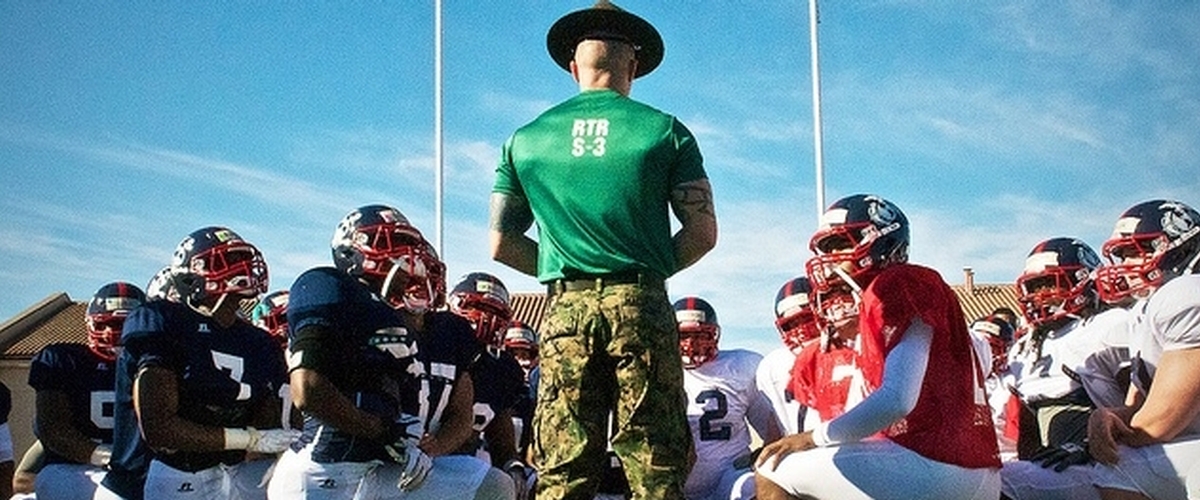Are You Ready for Some Football?

Great news! Being a football fan can be good for your emotional, mental, and social health. Evidence suggests sports fans have higher levels of well-being and general happiness with their social lives. Fans that identify with a local team have higher self-esteem and are less lonely. Sports unite people, helping to create lasting connections, and less feelings of alienation.
Simply knowing or feeling that you are part of a larger community has long-term positive effects. Doing something as simple as wearing your team jersey on Dress Down Fridays can have a powerful effect on one’s sense of community. Interacting with others who give you a fist bump, or a smile, while talking about your favorite team helps you connect with other people. Being part of a community lifts our spirits and establishes a sense of connection to the world around us.
Football can also be a deeply rooted heritage that connects you to others, transcending the barriers that divide generations of people. Football can introduce neighbors, co-workers, acquaintances, or family members to a shared experience and a shared language, creating bonds that may not be found in other areas of life.
However, even the truest of fans may find their faith tested when things are not going well for their beloved team. We all have difficulties, things do not always go our way, but we can rejoice in a hard-earned victory or even a defeat. Football provides us with a feeling of “pulling together”—we pull together to support our favorite teams.
So the next time anyone gives you flack about your love of football (or being a Raiders fan) just let them know that all the tailgating, fantasy leagues, and game-day parties are crucial to your good mental health and wellness.
If your team’s performance, or anything else in your life, is stressing you out, visit your local Community Counseling Center. The Community Counseling Program can help you recognize the signs of stress as well as help you learn effective prevention and coping methods. For more information, contact the Community Counseling Center or the Single Marine Program on your local installation. Click here to find a location near you.